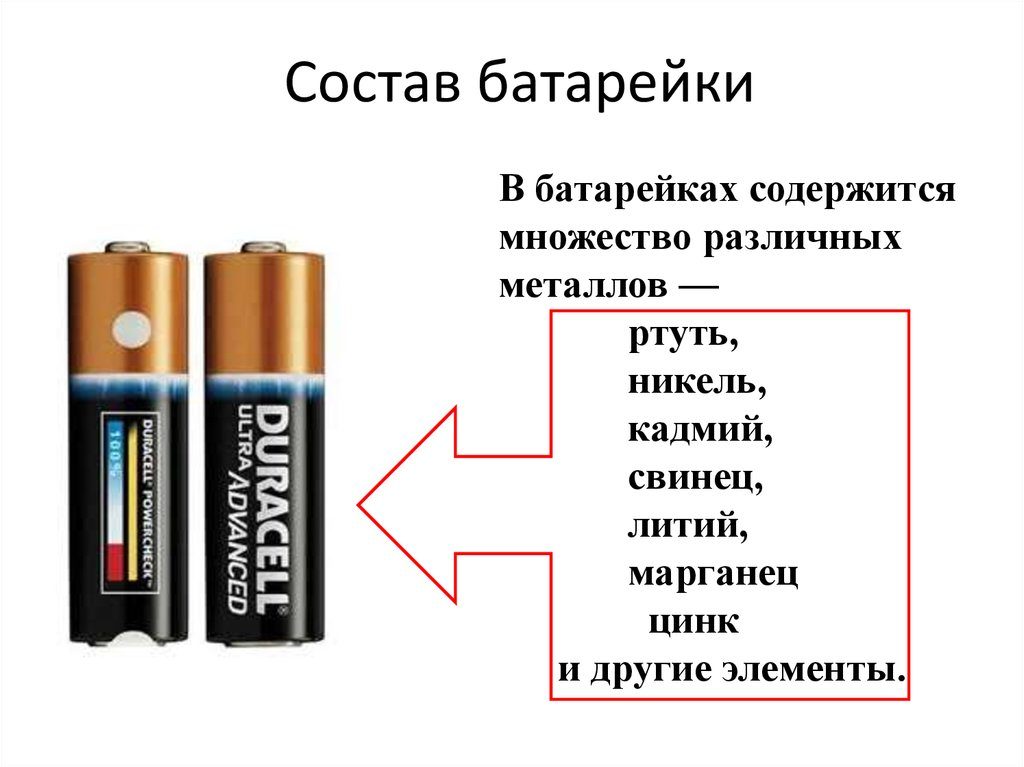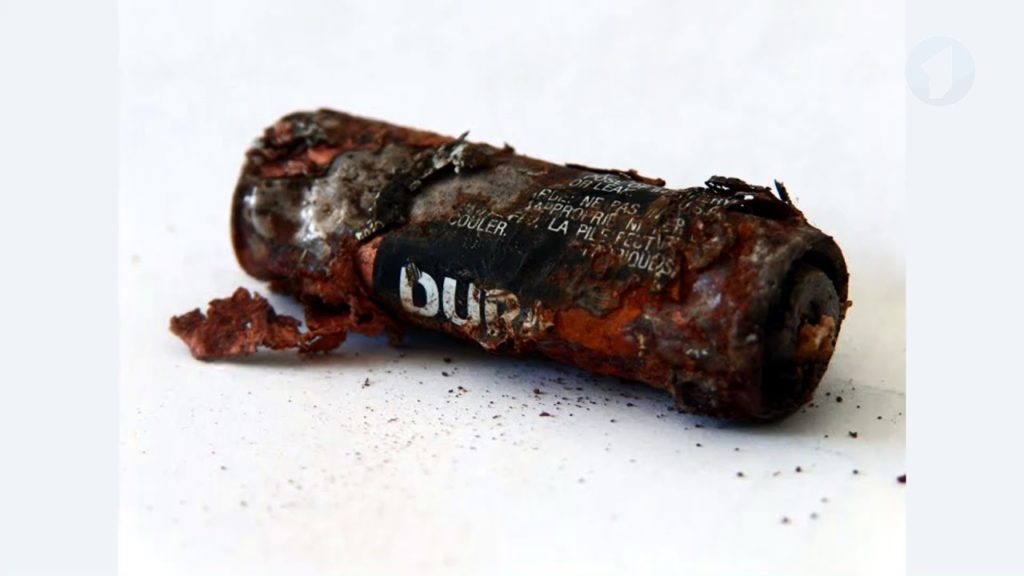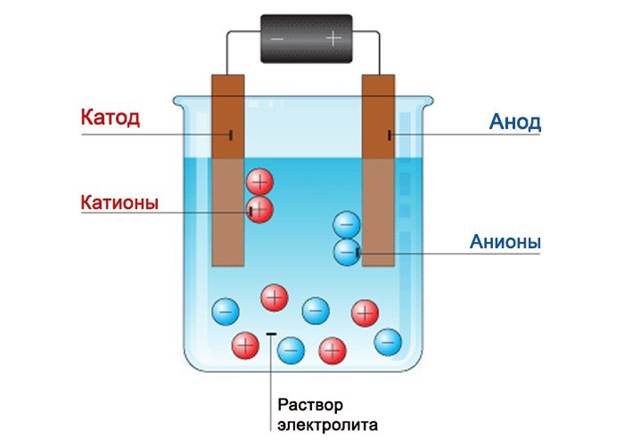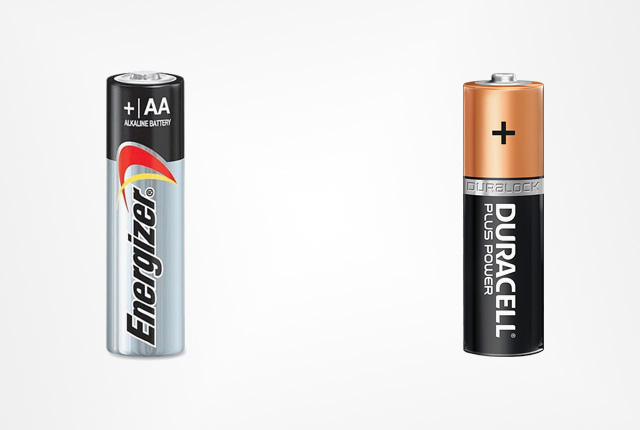How long does it take for a battery to decompose and what are the consequences?
The development of modern technologies has made most equipment compact and mobile. But for normal functioning, gadgets require a constant current source. Therefore, from time to time we have to purchase miniature power sources - batteries.
How many people have thought about what needs to be done with the battery when its service life has expired? Meanwhile, on the body of each of them you can find a special sign indicating that the product cannot be disposed of in the usual way.
Let's look at the harm that improperly disposed batteries can cause and where they should be disposed of.
The content of the article
What does a battery contain and how long does it take to decompose?
Each discarded food source can cause significant harm to the environment, as well as to the health of people and animals. Why are batteries so dangerous? It's all about the chemical compounds that make up the device. So, a standard battery includes:
- Lead. Accumulates in the kidneys, liver, bone tissues. Disturbs the normal functioning of the nervous system. Leads to the death of blood cells.
- Cadmium. Has a negative effect on the respiratory system and disrupts kidney function.
- Mercury. Affects the functioning of the brain, central nervous system, destroys the liver and kidneys.If it stays in the human or animal body for a long time, it leads to decreased visual acuity, hearing loss, nervous system disorders, respiratory tract diseases, and dysfunction of the musculoskeletal system. Mercury is especially dangerous for young children. Metallic mercury is a potent poison and therefore belongs to the first class of danger to the health of living organisms. It can enter the body in any way, and mercury will accumulate in the kidneys.
- Zinc and nickel. They affect the brain. They disrupt the functioning of the gastrointestinal tract and pancreas.
- Alkaline compounds. They have a negative effect on the mucous membrane and skin.

Reference. One carelessly discarded battery contaminates an area of up to 20 meters with heavy metals.
Heavy metal compounds have such a negative effect. In addition to the earth, the battery can pollute about 400 liters of water. A poisoned surface does not allow plants to grow. This leads to a decrease in oxygen levels in the atmosphere.
Heavy metal salts penetrate into groundwater, and then into our taps.
When galvanic cells are burned, various toxic substances are released into the atmosphere. Then these compounds fall into the clouds and fall to the ground in the form of precipitation, ending up in the ground and water bodies.
Reference. The decomposition period of one galvanic cell exceeds one hundred years! This means that not a single battery thrown onto the ground has yet completely decomposed.

Why is it important to properly dispose of batteries?
There are several battery options. Each of them has its own composition.To understand the harm caused by a food source and choose the most environmentally friendly one, it is necessary to find out what impact each type has on the environment and the human body.
- Saline. This is the most common and inexpensive option. It uses ammonium chloride as an electrolyte. Salt food sources contain a minimal amount of harmful and toxic substances, so they do not have an excessively negative impact on the environment and living organisms. But even in this case, irreversible chemical reactions occur, which ultimately harms nature.
- Alkaline. Manganese or zinc dioxide is used in production. These substances are dangerous to nature. Zinc is especially harmful. When they get into the soil, they make it lifeless. Groundwater becomes toxic.
- Lithium. The cathode in it is made of lithium. It is considered the safest for the environment. However, in the event of corrosion, the elements may short out, leading to an explosion of the device. As a result of the fire, the environment will also suffer.

Having learned about the presence of toxic compounds and heavy metal salts, we received an answer to the question of why it is necessary to properly discard old batteries.
Now special reception points are being opened everywhere for this purpose. Of course, Russia is still only “catching up” with European countries in this matter. But now you can find specialized containers in many hypermarkets.
If there are no such devices in your city, put used power supplies in plastic containers, and you need to ensure that they are inaccessible to children.





